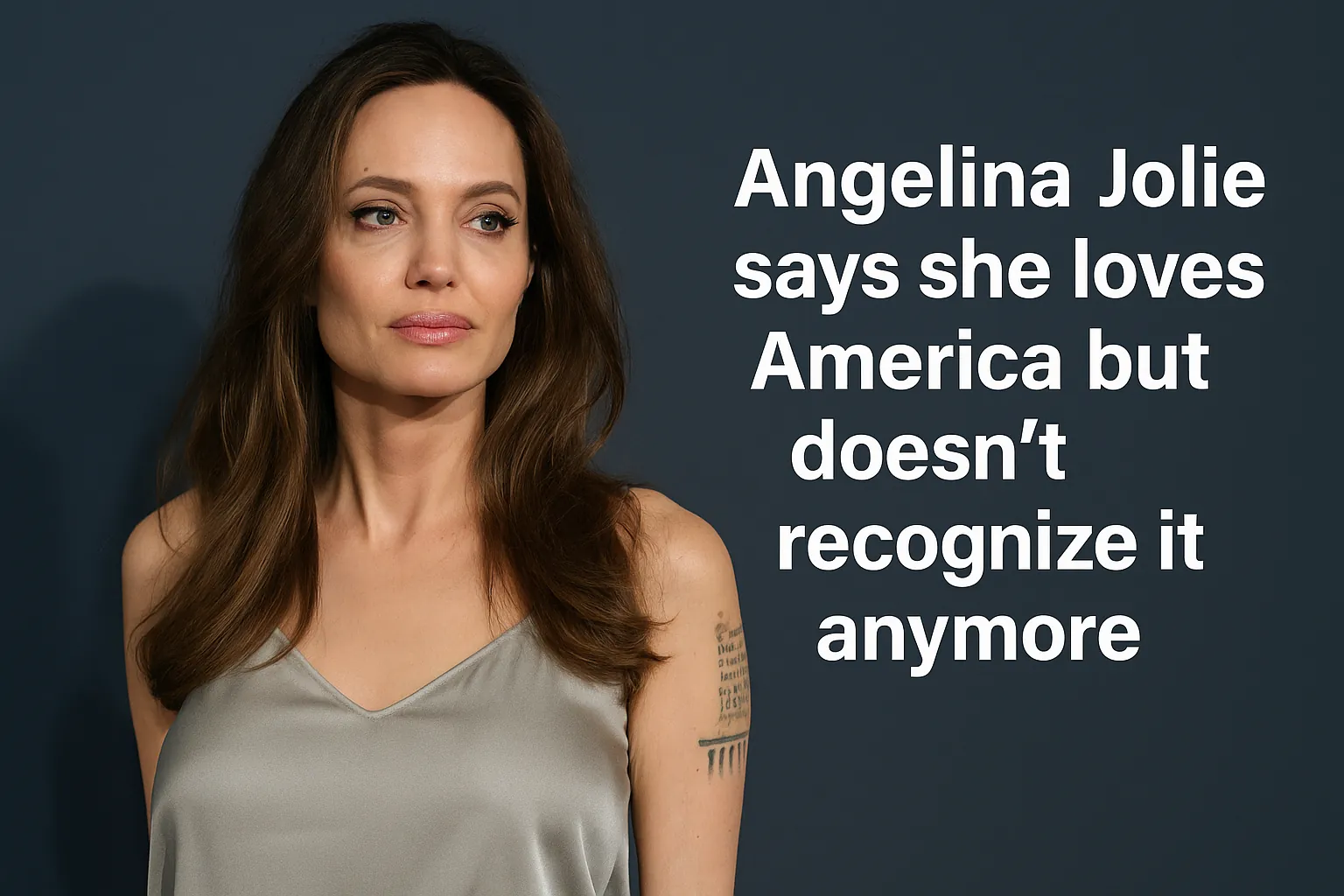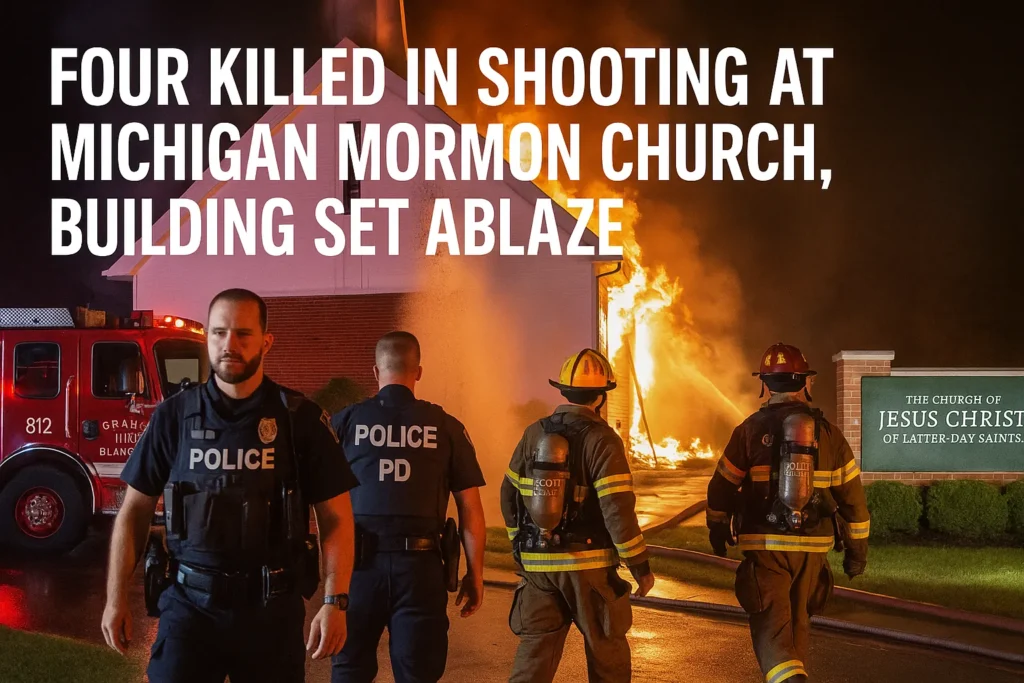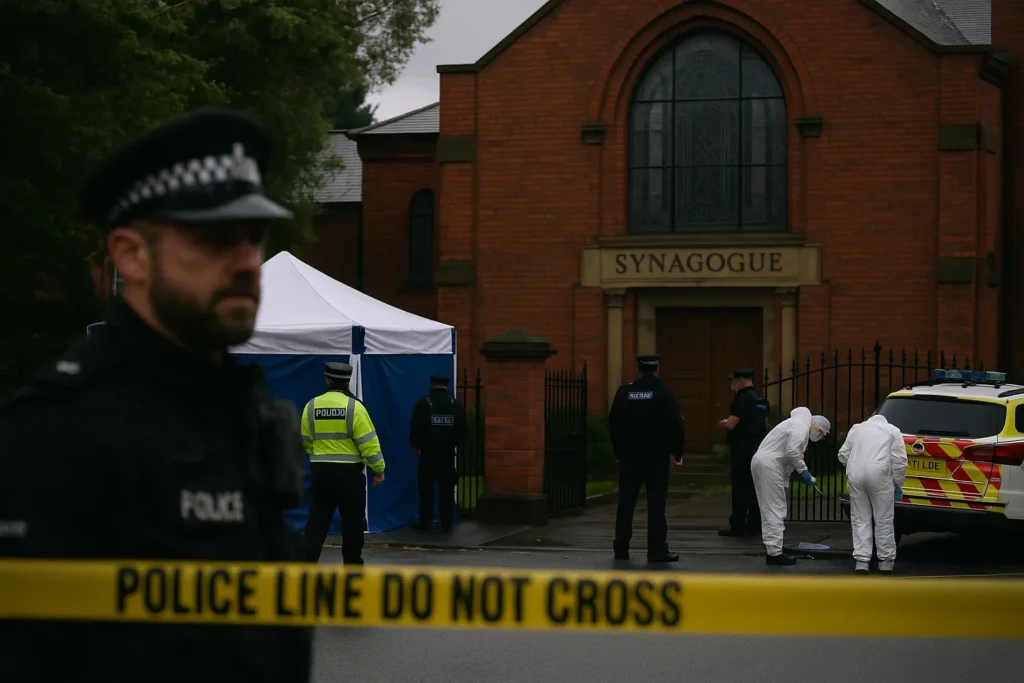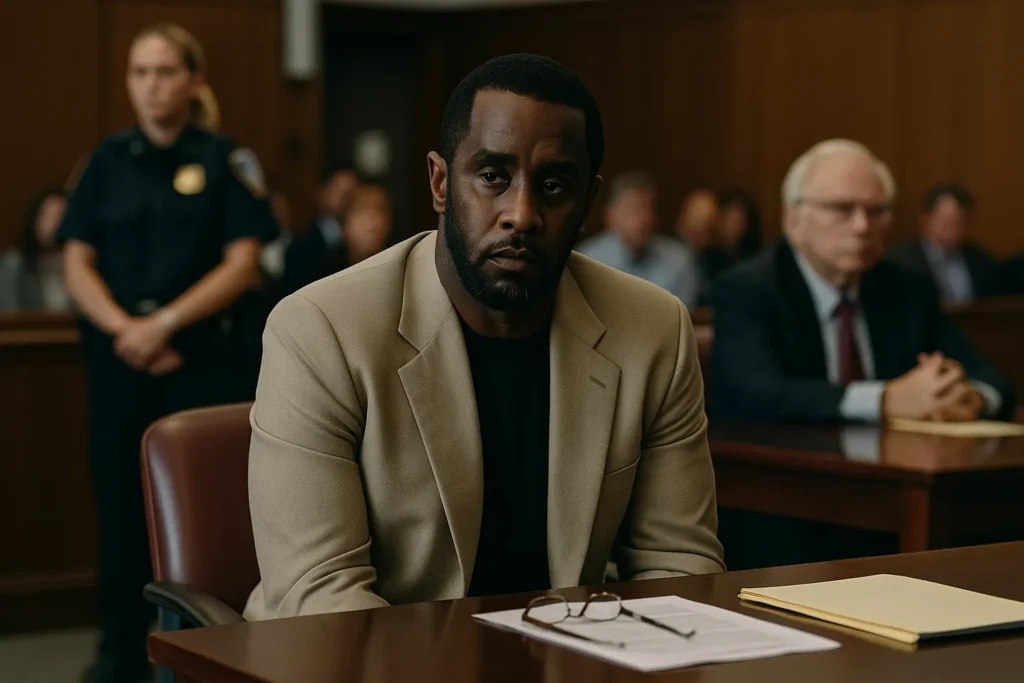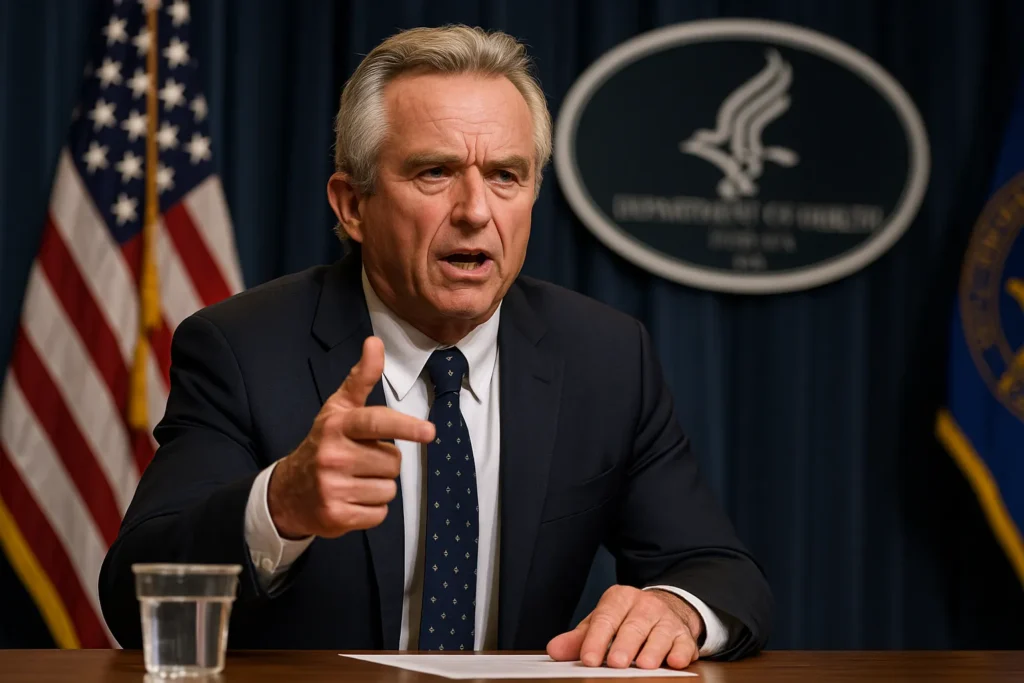When Angelina Jolie speaks, the world listens. This time, her words weren’t about cinema or celebrity. They were about America itself. Asked in Spain what she fears most as an artist and an American, Jolie’s response cut deep: “I love my country, but at this time, I don’t recognize my country.” These remarks highlight not just disillusionment, but the larger cultural struggle tearing at the nation’s identity.
Context: the mainstream narrative of unity
The U.S. establishment clings to the idea that America remains a beacon of freedom and resilience. Officials boast about free speech, democratic strength, and cultural openness. Media outlets often frame American debates as a healthy sign of democracy, even as polarization deepens. The mainstream insists the republic is intact — only noisy, sometimes chaotic. Against this backdrop, Angelina Jolie’s words land as an unsettling counterpoint.
Oppositional Argument: why Jolie’s voice matters
It would be easy to dismiss celebrity commentary as lightweight. But Jolie is no ordinary star. She has spent decades in humanitarian work, advocating for refugees and global justice. When someone with her international perspective says America feels unrecognizable, it forces us to question the myth of stability. Free speech is supposed to be sacrosanct, yet the “indefinite” suspension of Jimmy Kimmel’s show after controversial remarks about Charlie Kirk’s death proves otherwise. Jolie’s concern that freedom of expression is shrinking is not abstract — it is happening in real time.
Analytical Breakdown: America’s shrinking space for dissent
The issue is not just about late-night comedy or Hollywood actors. It is about a creeping environment where expression is policed, outrage dictates corporate decisions, and political polarization erases common ground. Jolie’s “international worldview” contrasts with America’s inward turn — a shift toward censorship, culture wars, and tribalism. Historically, nations that eroded speech rights justified it with “protection.” The U.S. is approaching that dangerous threshold, where casual words can destroy careers and public trust collapses under ideological pressure.
Human Perspective: artists and citizens silenced
Jolie embodies the voice of many who feel silenced. Independent journalists losing platforms, university students punished for unpopular opinions, comedians facing cancellation — the pattern is clear. Ordinary Americans know this too: parents worried about what they can say at school board meetings, workers avoiding politics at the office. Jolie’s lament that “these are very, very heavy times” reflects the weight of a society where fear replaces dialogue.
Counterarguments
Defenders argue that accountability is not censorship, that consequences for harmful speech protect vulnerable groups. Yet this logic quickly morphs into selective enforcement. Who decides which words are acceptable? Why do some figures face instant banishment while others remain untouchable? Jolie’s warning is less about specific policies and more about the erosion of trust in fairness.
Conclusion: Jolie’s challenge to America
Angelina Jolie’s statement is not just about her. It is a mirror to America’s crisis. She loves her country, but she doesn’t recognize it — and millions quietly feel the same. The clash between freedom and control, unity and division, will define America’s future. The question is whether the nation can still live up to the ideals it preaches. Jolie has issued her verdict: without genuine commitment to free expression, America risks becoming a place its own citizens no longer recognize.
External Links
187 views
